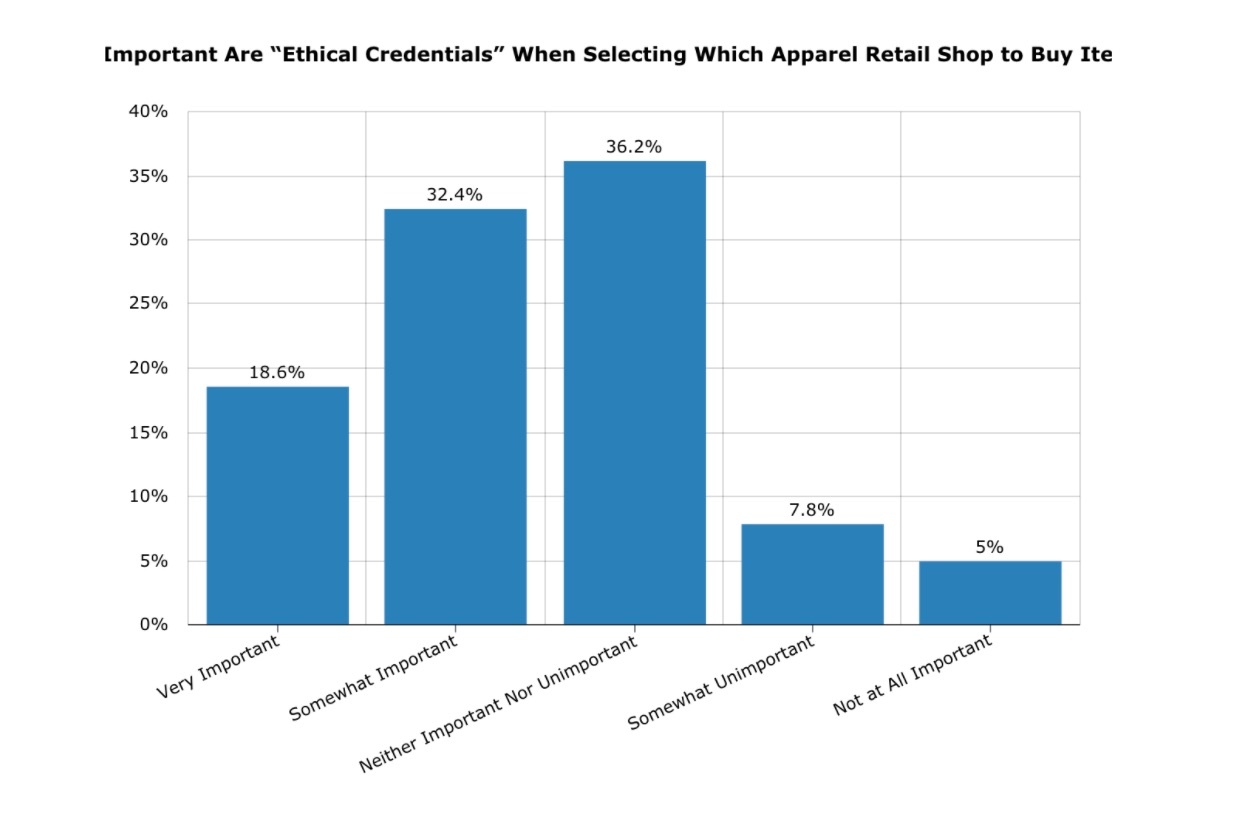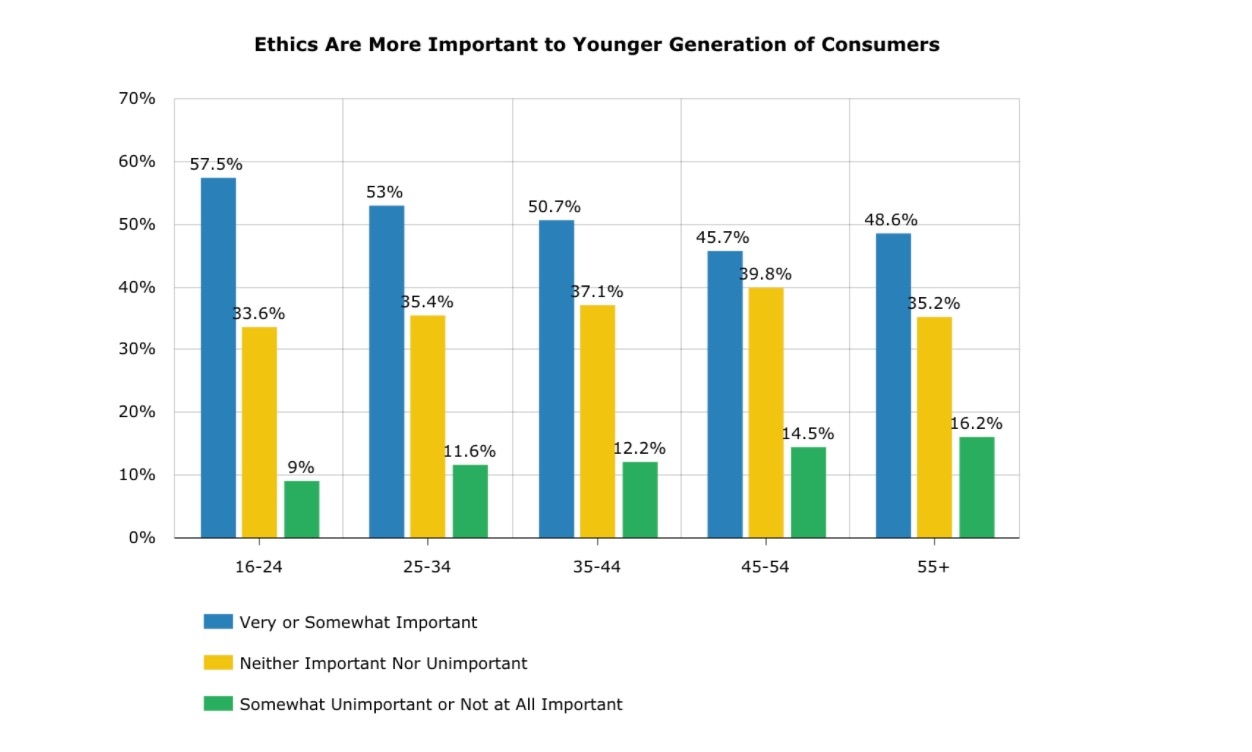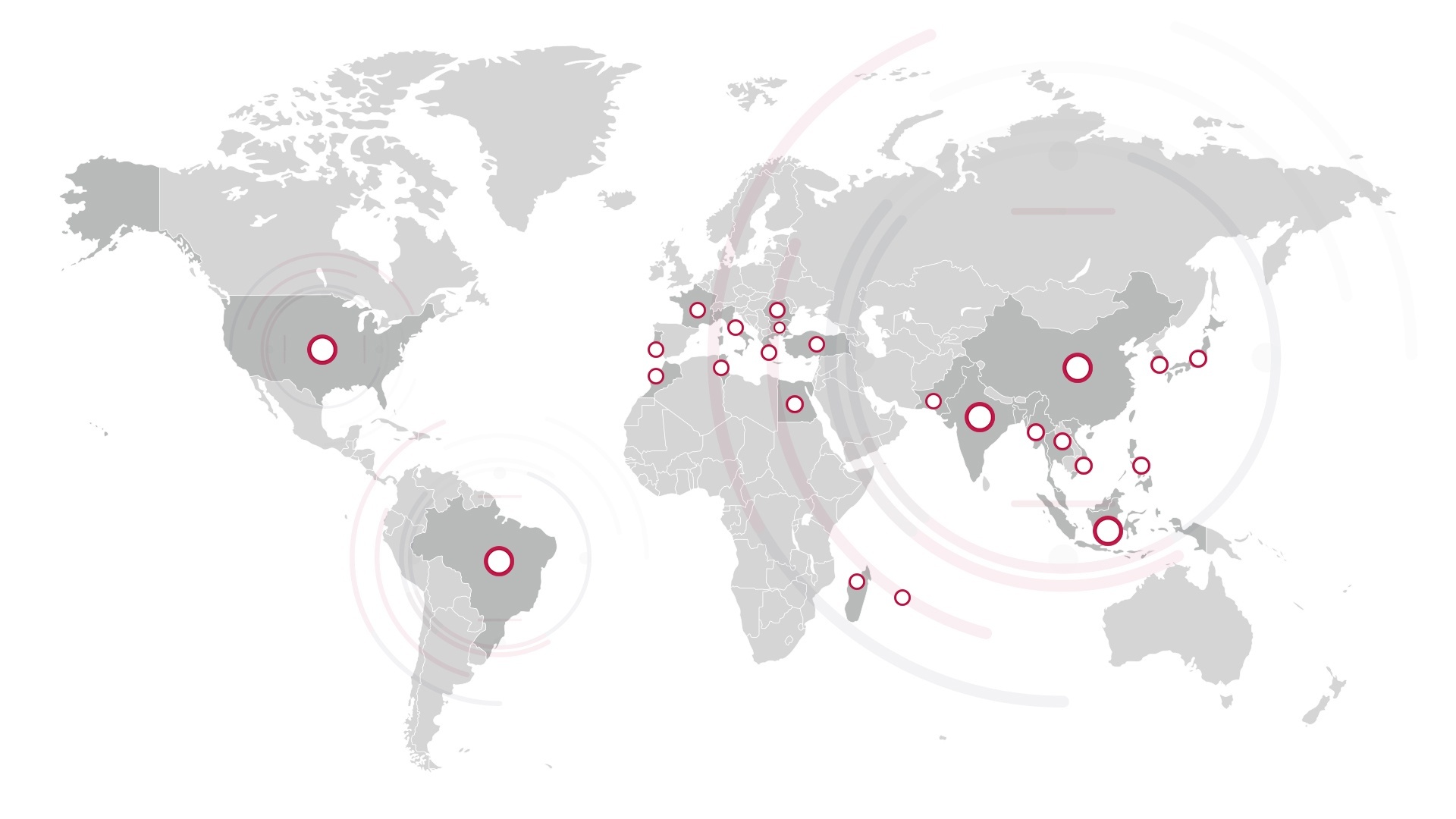With the rise of the ethical consumer, more and more fashion brands are announcing their new efforts to commit to becoming more sustainable in the long run and engage in ethical sourcing practices. But, are consumers actually living up to their word when it comes to investing and buying ethical fashion products? In this article, we’ll explore ethical fashion in the garment industry and whether customers actually care about ethically sourced products.
What is Ethical Sourcing?
In the garment industry, sourcing ethically is the process of making sure that all raw materials and products are acquired in a responsible and sustainable way, that all workers are given a safe environment to work in and treated fairly as well as ensuring that any social and environmental impacts during the sourcing process are considered at all times.
Brands in the garment industry that practice ethical sourcing ensure that their sourcing operations are at the highest possible standards of responsible, sustainable and socially aware business practices.
Explore: How To Run An Ethical Fashion Brand
They also make sure that their garment manufacturing processes are delivered in a way that meets global ethical and social compliance standards, respecting all international standards against criminal conduct and human rights abuses.
So, does the Ethical Consumer exist?
It is evident that consumers have become more aware of their environmental impact and strive to lead a more sustainable and environmentally conscious lifestyle. Consumers go out of their way to reduce their carbon footprint by supporting sustainable farmers and ethical fashion brands, buying organic products and choosing public transport or other alternatives as opposed to driving their cars. They are concerned about worker’s rights and safety, living wages, health and social and environmental impacts when buying products. As the trend grows, brands have started to realize that ethical consumerism is no longer only applicable to niche markets and is a growing opportunity for businesses to strive for a greener supply chain which results in a massive gain in competitive advantage, customer loyalty and brand reputation.
Moreover, in the past, the thought of who produced your garments and under what conditions never crossed the consumer’s mind and was merely a secondary concern after price and style. Things are very different today, and the millennial generation has a lot to do with it. They’ve grown up understanding the current state of our environment and desperate need for sustainable and ethically sourced products, and are more willing to pay for it than former generations. A recent survey, Sustainable and Ethical Cotton Sourcing Report, conducted by the Fairtrade Foundation found that 82% of UK teenagers think brands need to act more responsibly, while only 42% said that they trust brands to do so already. Their spending is believed to reach $1.4 trillion annually in the United States. Therefore, they have a significant impact on the sustainable fashion industry.
We’re now going to look at a survey conducted on 1000 UK customers and their views on leading clothing retailers by Morgan Stanley Research. The study found that even though price and quality concerns continue to rank the highest, ethical concerns have gained importance, specifically with the younger consumer demographic.
51% of respondents stated that ethical credentials of apparel retailers are somewhat important to very important while only 13% stated that they are somewhat unimportant to not important at all:
Source: AlphaWise, Morgan Stanley Research
The survey also found that younger consumers are more concerned about ethics when shopping as 58% of 16-24 year old stated that ethical credentials are very or somewhat important while 49% of people aged 55 or older viewed ethical credentials as somewhat unimportant or not important at all. One can see that this number rises with age.
Source: AlphaWise, Morgan Stanley Research
Although it is evident that consumers demand products and services that are sustainable, and want to support brand’s ethical sourcing efforts, but, are they actually willing to pay a little extra for the rewards?
Final Thoughts
Steve Polski, the senior director of supply chains and sustainability at Cargill, has spent many years researching the ethical consumer and has found that even though consumers demand sustainable products and services, they are often unwilling to pay a premium for them. He also states that it is clear that consumers care about brand’s sustainability efforts, but they generally won’t pay more for the products and would instead reward the brand with customer loyalty. He says; “we know this is a growing area of opportunity for businesses throughout the supply chain, but there is limited data that supports consumers are willing to pay more at the checkout counter.”
In another example, co-author of, ‘The Myth of the Ethical Consumer,’ Professor Timothy Devinney argues that there is a belief that our purchasing behavior is driven by our values, but that in reality, factors such as price, quality and value override our core values in the end. He goes as far as saying that conscience-driven shopping does not exist and that there is a disconnect between the values people express and the actual buying of ethical products in the market.
Even though there are many theories and studies based on ethical consumerism, it is evident that ethical consumers exist and that they find brand’s ethical credentials to be important. In fact, it’s not just consumers who are at the forefront of this initiative, but many brands are going the extra mile to source ethically too. Therefore, it is crucial for brands to follow the growing trend and to start thinking creatively about how the ethical, sustainable practices can benefit their business operations but more importantly, the environment.
Do you have any questions regarding the ethical sourcing or the apparel industry in general?





